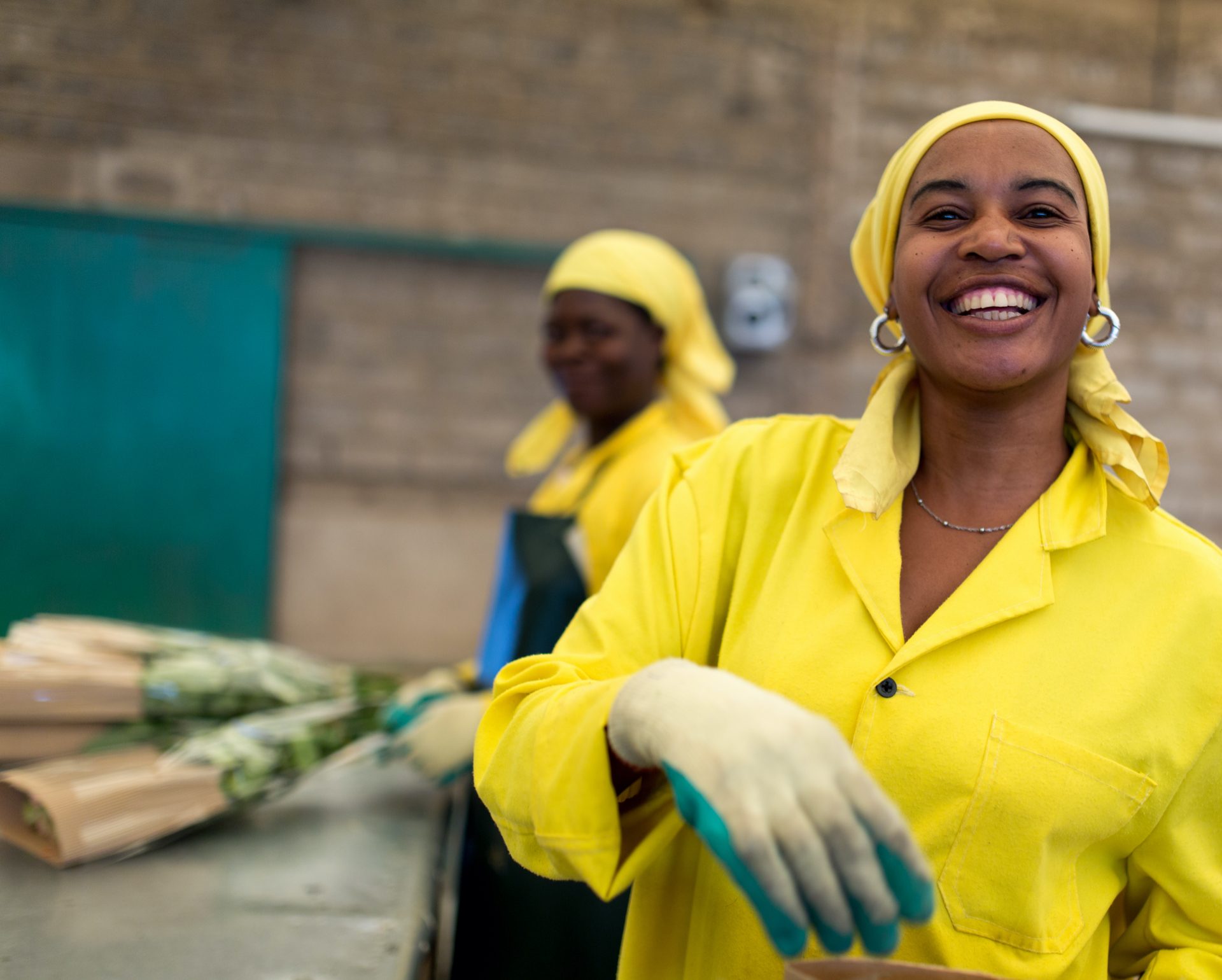Assessing the Impact of Fairtrade on Poverty Reduction and Economic Resilience through Rural Development
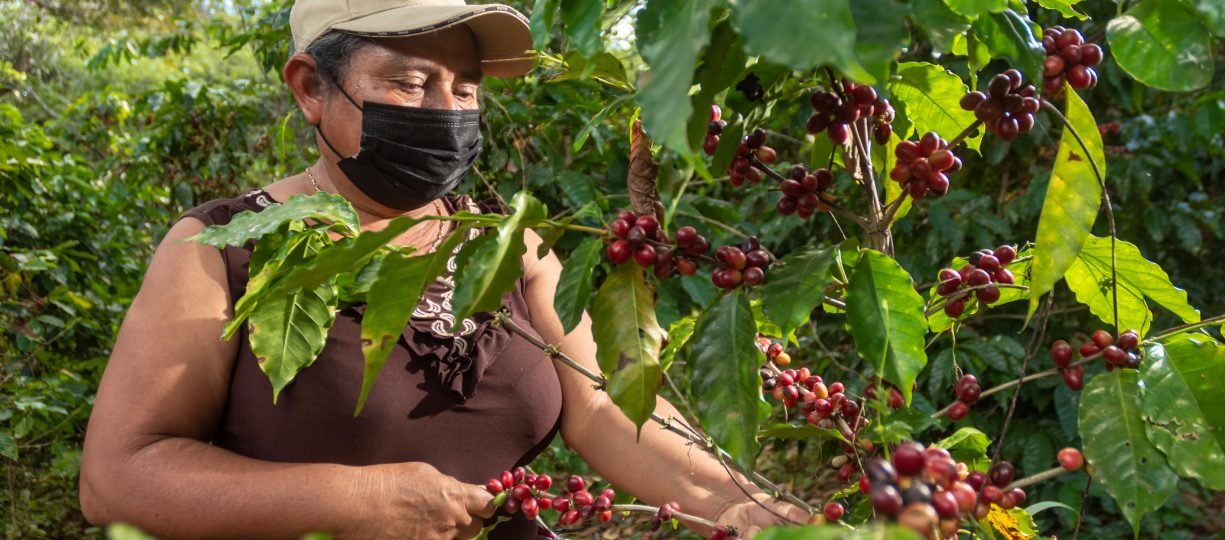
Study at a glance
Commissioned by Fairtrade Germany and Fairtrade Austria, this applied research project evaluates Fairtrade’s impact on poverty through rural development. It is the second follow-up study looking at cocoa in central Ghana, bananas in northern Peru and coffee in central Peru. It focuses on four dimensions, economic resilience, social wellbeing, good governance and environmental integrity.
The study showed mixed results for the impact Fairtrade has had on the different dimensions in the three farm areas. From this, the researchers developed nine recommendations for improvement directed at three different audiences, the small producer organizations (SPOs), Fairtrade Regional Networks, and Fairtrade Germany and Austria.
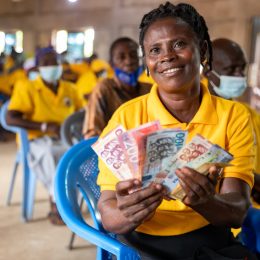
Economic resilience
Farmers that are members of Fairtrade certified organizations report greater economic resilience than non-Fairtrade farmers. This is due to the safety net of Fairtrade Minimum Price and Premium, as well as diversification activities and better yields.
Areas of study
The applied research project focused on three farm areas: cocoa in central Ghana, coffee in central Peru and bananas in northern Peru. This study is based on indicators from the Sustainable Assessment of Food and Agriculture (SAFA). The framework was introduced by the Food and Agriculture Organization (FAO) and is specifically designed to assess Small Producer Organizations (SPOs).
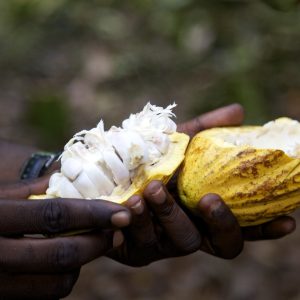
Cocoa in central Ghana
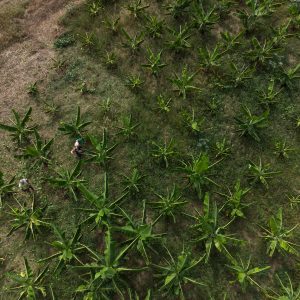
Bananas in northern Peru

Coffee in central Peru
Fairtrade’s Response
The study shows that Fairtrade contributes to stronger cooperatives and more resilient and sustainable farming households, specifically in economic, social, environmental and good governance dimensions.
However, the study also presents the grim reality that farmers’ gains in recent years, especially when it comes to incomes and farm investments, have been undercut by three major threats: climate change, the COVID-19 pandemic, and farm prices that are too low to cover rising costs of farming and daily life.
Fairtrade offers solutions to address these issues.
- Fairtrade contributed and worked with partners to raise more than €15 million in 2020 in COVID-19 relief and resilience funds, which are still being administered. We published a report on the use of these funds in March, and an additional impact report is forthcoming.
- sourcing on Fairtrade terms ensures that farmers have at least the safety net of the Fairtrade Minimum Price and Premium, and the advantages of being able to invest in their businesses, cooperatives and communities. We have developed a living income strategy that includes voluntary higher ‘living income reference prices’ based on local costs of living and calculations of sustainable yields and viable farm sizes, validated with farmers themselves.
We urgently call for action by all stakeholders, including governments, companies and NGOs, to act on the recommendations in the study, particularly as relates to climate change adaptation, paying higher prices and diversification so farmers can progress toward living incomes. Such actions are essential to ensure future generations of farmers and a sustainable planet.

